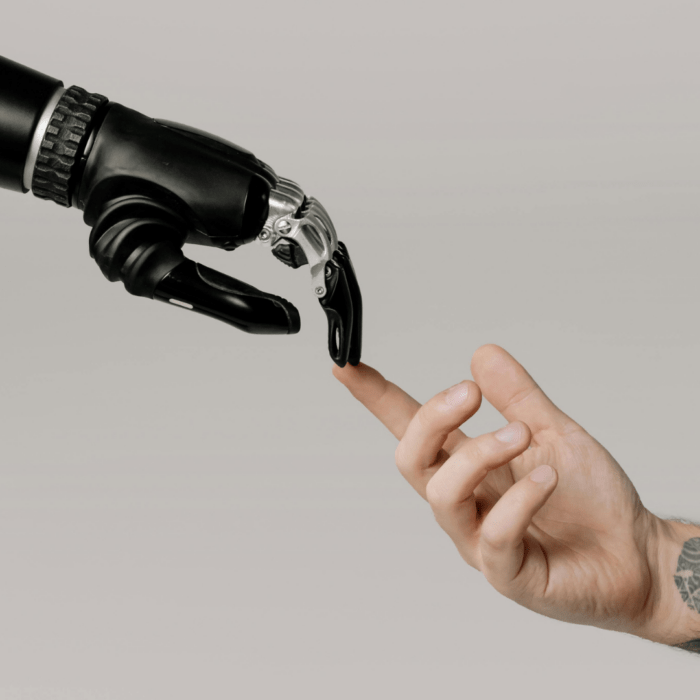

Your day starts with writing a campaign brief, tweaking email copy, and reviewing data from last week’s social performance—and it’s only 9:15 AM.
If this sounds familiar, you’re not alone. For many marketing and sales professionals, the workload is growing while the hours in the day stay the same.
That’s why AI isn’t just a trend—it’s becoming a daily productivity tool.
Let’s explore how Swiss companies are already using AI in a practical way to improve performance, simplify workflows, and create more impact—with the same resources.
Marketing teams at Nestlé manage dozens of pieces of content every day—from landing pages and email flows to visual campaigns and social posts. To streamline the creative process, they introduced Cortex, an AI-powered content platform that:
• Suggest initial ideas and content drafts
• Checks alignment with brand tone and visual guidelines
• Recommends local adaptations for different markets and languages
What it delivers:
• Faster campaign turnaround
• Less strain on content teams
• Consistent quality across markets
When your marketing depends on speed and clarity, tools like this help teams focus on strategy instead of spending hours on execution.
Swisscom, one of Switzerland’s largest telecom providers, receives thousands of customer inquiries daily. Instead of expanding their support team, they implemented smart AI agents that now handle over half of all queries—both written and voice-based.
These bots don’t just serve up FAQ answers—they’re trained to:
• Understand the user’s real intent
• Follow logic-based support flows
• Escalate complex issues to humans
The result? Faster responses, reduced pressure on staff, and more bandwidth to offer real, personal support when it’s genuinely needed.
In a world of inbox overload, sending generic newsletters doesn’t work anymore. UBS uses machine learning models to personalize communications by analyzing:
• User behavior across channels
• Reactions to past emails and offers
• CRM signals and content preferences
AI helps determine not just what message to send, but when to send it and in what format—maximizing engagement while minimizing noise.
UBS also uses its in-house assistant, UBS Red, which delivers real-time investment insights to relationship managers. Instead of spending hours preparing reports, they now get instant, personalized data to support client conversations.
With tens of thousands of SKUs and a fast-moving inventory, Digitec Galaxus—the largest online retailer in Switzerland—uses AI to manage product content and improve the customer journey. Their system:
• Automatically generates product descriptions
• Recommends related or complementary items
• Tailors what users see based on browsing and purchase behavior
That means less manual work for the team and a more intuitive, helpful experience for shoppers—without increasing headcount.
You don’t need to overhaul your entire tech stack to benefit from AI. Start small. Here’s how:
1. Identify your bottlenecks: Repetitive tasks in content, sales, customer support, or reporting. That’s your entry point.
2. Test simple tools:
o ChatGPT, Jasper – for content generation
o Grammarly, Wordtune – for editing and tone
o Notion AI – for internal docs, briefs, summaries
o HubSpot AI, Salesforce Einstein – for sales/marketing automation
3. Run a pilot: Try one use case with one team. Measure time saved, quality, and internal feedback.
4. Build a business case: Use your results to scale up and integrate smarter workflows across the team.
AI in marketing and sales isn’t about replacing people—it’s about giving them the tools to focus on the work that matters most. The experience of companies like Nestlé, Swisscom, UBS, and Digitec Galaxus shows how AI supports:
• Faster execution
• Smarter personalization
• Better focus on strategy and creativity
In a competitive market like Geneva, where efficiency and adaptability are key, using AI is no longer optional—it’s how teams stay relevant and productive.
Want help integrating AI into your workflows? Let’s connect and see where it can make the biggest impact.
By the same author: From Ukraine to Geneva: How Nuage Cashmere Blends Luxury, Longevity, and Solidarity in Swiss Fashion
Nataliia Kutselepa is a marketing strategist with over 15 years of experience in international companies.